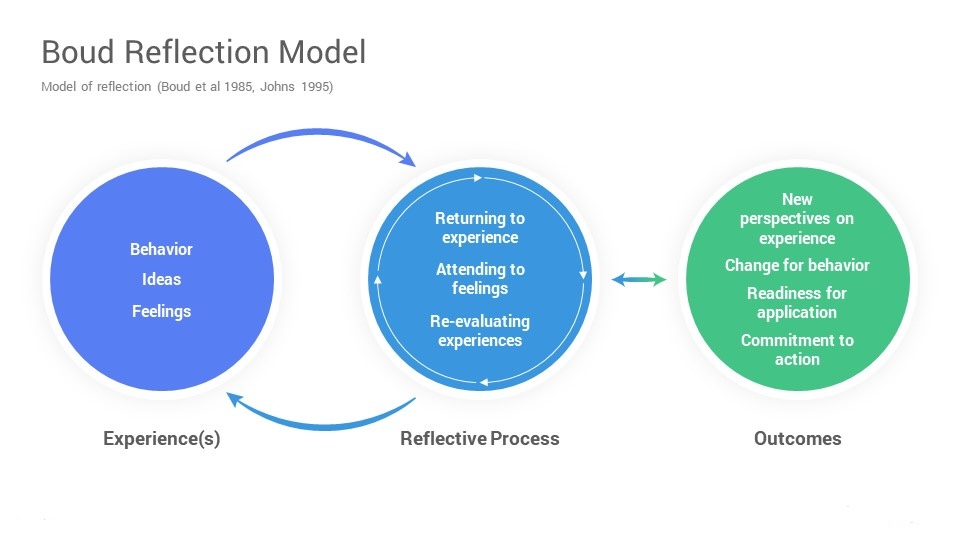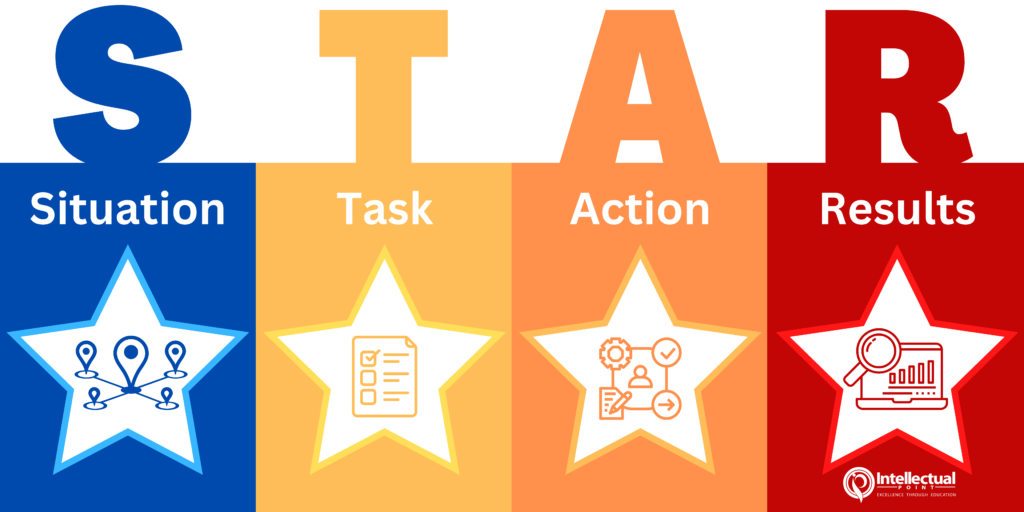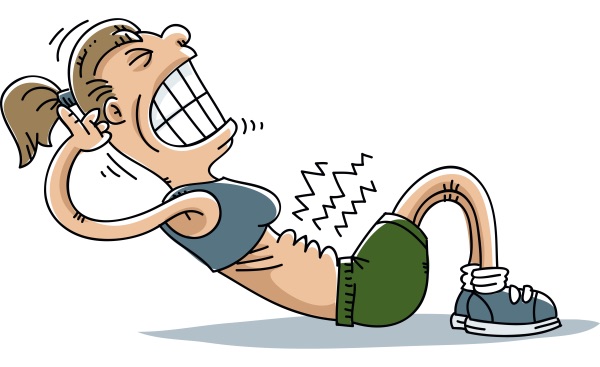It’s an experience I could confidently say not one human being enjoys. You are given on average less than 20 minutes to prove to the person sitting opposite that you are the most hardworking and skilful individual amongst a group of more often than not equally hardworking and skilful people. I must admit I believe there is a bit of luck when it comes to interviews. For example, I once went for a job interview and within the first few minutes the interviewer and myself had discovered that we were both avid Formula 1 fans. The interview was pretty much over after that and I ended up getting the job. However, this was for a role in retail. The skill requirement for that job compared to a role in live broadcasting might differ ever so slightly. When my work-based learning module informed us about the partaking in simulated interviews, while not looking forward to it, I knew they would be extremely beneficial when I go for real interviews for jobs in the broadcasting industry.

This blog will utilise the Boud Model of Reflection which will help me explore my preparation process and help reflect on the interview itself along with how I can improve in the future. Rather than the Boud Model being used once to help reflect on the entire experience, I have found it to be more beneficial when this model is applied in smaller cycles to the different stages that have been involved in the run up to and the completing of my simulated interview.
The Hunt

“The first step in finding a new job is to decide what kind of job you want”
– Rob Yeung
Being in my final semester I had already begun searching and applying for roles to step into once I finish university. Although I’m studying film production I have gained a huge interest in live broadcasting through completing my placement at the Sonic Arts Research Centre. To begin the job searching process, I compiled a list of reputable companies involved in the broadcasting industry. To find these companies I used social networks such as LinkedIn and to my surprise Reddit, which proved quite helpful when I joined the broadcasting community on the social platform. I then went on to visit each of the companies career websites and began the what felt like infinite scrolling. There were jobs such as Broadcast Engineer, Broadcast Production Manager, all appealing to me however when looking into them further I discovered how underqualified I was for these roles. I began to feel disheartened pretty quickly as after doing a three year degree in film production I realised my limited experience in broadcasting will not suffice for me to step into a normal role. Even the entry level jobs intimidated me.

While trying my best not to spiral into researching master degrees, my next stop was the BBC Careers page, where I stumbled upon their apprenticeship programmes. Just my luck! I thought, as my eyes were instantly drawn to ‘Broadcast and Media Systems Technical Operator Apprenticeship’. It had everything I needed. It was an opportunity for me to learn on the job while getting paid and I could try my hands across all of the roles involved in broadcasting. I had never considered an apprenticeship previous to seeing this. The idea of finding a ‘real’ job now weighed less on my shoulders as I realised from this experience that there are other options out there other than completing a masters or working for free to gain experience.
Launching into Success

“For job applicants, the interview is a platform to present their knowledge, skills, abilities, and past experiences or accomplishments, ideally aligning those qualities and successes with the position they are applying for”
– Nicolas Roulin
When reading through Roulin’s book which details the psychology involved in job interviews, I soon discovered that the preparation done coming up to an interview can really be the make or break of the entire interaction. I began looking at the obvious, what skills are listed as necessary for the role. After breaking up the list into individual skills, I then tried to incorporate those skills into my experiences and call to mind some anecdotes which provide strong evidence of me having and using these skills. This felt like an imperative thing to do as I have experienced first-hand what it’s like to get the dreaded question ‘Can you give us an example of a time when…’ and have my thoughts racing through my mind not being able to recollect any event that has occurred in my life. It was during this time I recalled the STAR method which was first introduced to me during one of my work-based learning classes which was led by Queen’s University Belfast’s career advisor, Emma Lennox.

I am the type of person who when telling a story will get side-tracked more than once and will either end up describing it with too many unnecessary details or too vaguely. I tend to struggle with finding a happy medium in day to day conversations. This is why I knew the correct utilisation of the STAR technique in my interview answers could help me out big time. When I read through the outline of the ideal candidate I can honestly say I matched the role perfectly. However, I knew that without the proper execution of my answers and anecdotes, this meant next to nothing.
“Even if you’d rather scrub morgue floors than do quiz-show-quality research on organizations and their people, suck it up and dig right in”
– Joyce Lain Kennedy
Following Joyce’s wise words, that’s exactly what I did. My research started with the scanning of the BBC website and trying to find the different ways they describe themselves. I found that the word ‘creativity’ came up a lot when they were describing the company and so I ensured that in my anecdotes I refer as often as I could to how I came up with a creative solution to a problem. Collaboration seems intertwined into everything they do and therefore I also ensured I included examples of myself working well with others.
Crunch Time

The day of the simulated interviews had finally arrived. I felt apprehensive walking to class that morning. As, although it was just going to be my friends asking me questions I wanted to make sure I made the most out of this opportunity as I would inevitably be facing the same thing for real in the not so distant future. Having gone over my notes on the way there I sat down in my group and I could tell I was not the only one looking forward to getting it over with. I was eagerly waiting to volunteer to go first however it was announced we would be doing it in alphabetical order. I was now last.
“It is not only the external circumstances of job interviews that give rise to unease, but also the properties inherent to the interviews themselves.”
– Martha Komter
This quote was proven true by myself in this case as even though this interview had no resulting factors the formality and the structure of an interview is enough to make my hair stand on end. It eventually came around to my turn. As I stood in the hall I knew there was nothing more I could do and I would be better off trying to remain relaxed so when I walk in I am not a wrecking ball of nerves. “Come back in guys!”, the words I had convinced myself to dread.
A variety of questions were thrown my way, but nothing I was not prepared for. Making sure to take a second to think before answering I ensured that I related back to what was being asked. The STAR technique proved very effective as I was able to clearly explain situations and how I dealt with them in a positive manner.

The whole thing was a bit of a blur when I look back at it therefore having a feedback from my peers proved vital. Not wanting to read it in front of them I waited until I got home that day. To my delight the feedback highlighted more things I did well rather than areas that I needed to improve on, leaving me with a great sense of confidence. According to my peer’s I successfully portrayed my passion for the industry and role and conveyed well my creative ability. I however could have used more key words when it came to describing my skills and was told to speak louder. All areas which can be easily improved with some more practice.
Having gone through this experience I can see more clearly the benefits I will be taking away from it. If my work-based learning module did not run these simulated interviews and teach us the dos and don’ts of job interviews I think it would be guaranteed that I would miss out on opportunities in the future. This entire process has given me a new perspective on job interviews in my desired industry and while I’ll never be eager heading into an interview, I know I have what it takes to get through it and get through it well.
References
Boud, D. et al. (2013) “Promoting reflection in learning: A model,” in Reflection: Turning Experience into Learning. pp. 18–40.
Kennedy, J. Lain. (2012) Job interviews for dummies. 4th edition. Hoboken, N.J: John Wiley & Sons, Inc
Komter, Martha. (1991) Conflict and cooperation in job interviews : a study of talk, tasks and ideas. Amsterdam ; John Benjamins Pub.
Lord, R. et al. (2019) The role of mock job interviews in enhancing sport students’ employability skills: An example from the UK. The journal of hospitality, leisure, sport & tourism education. [Online] 25100195-.
Roulin, N. (2022) The psychology of job interviews. Second edition. [Online]. London ; Routledge.
Yeung, Rob. (2009) Búsqueda de empleo : for rookies. 1st edition. Madrid: LID.